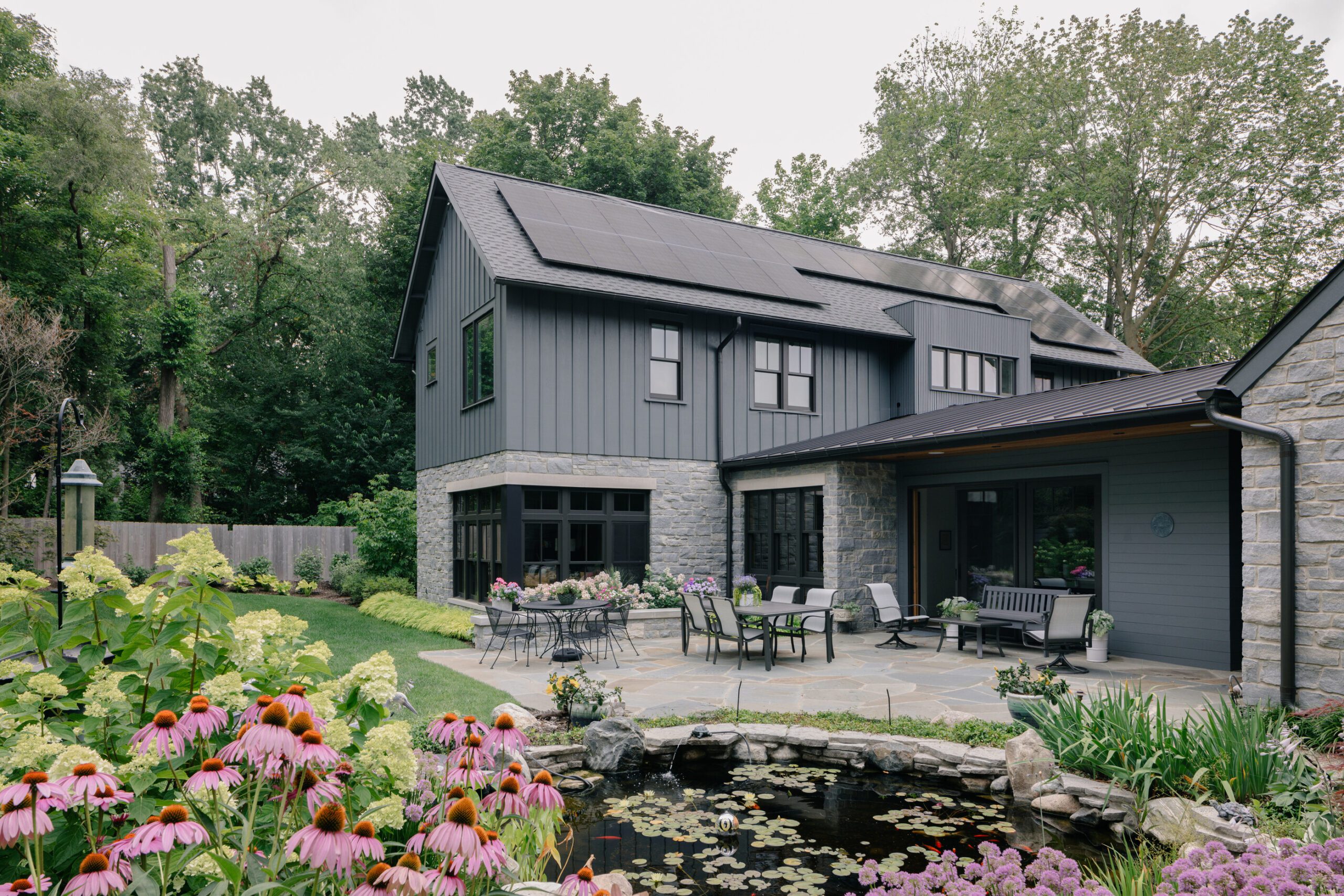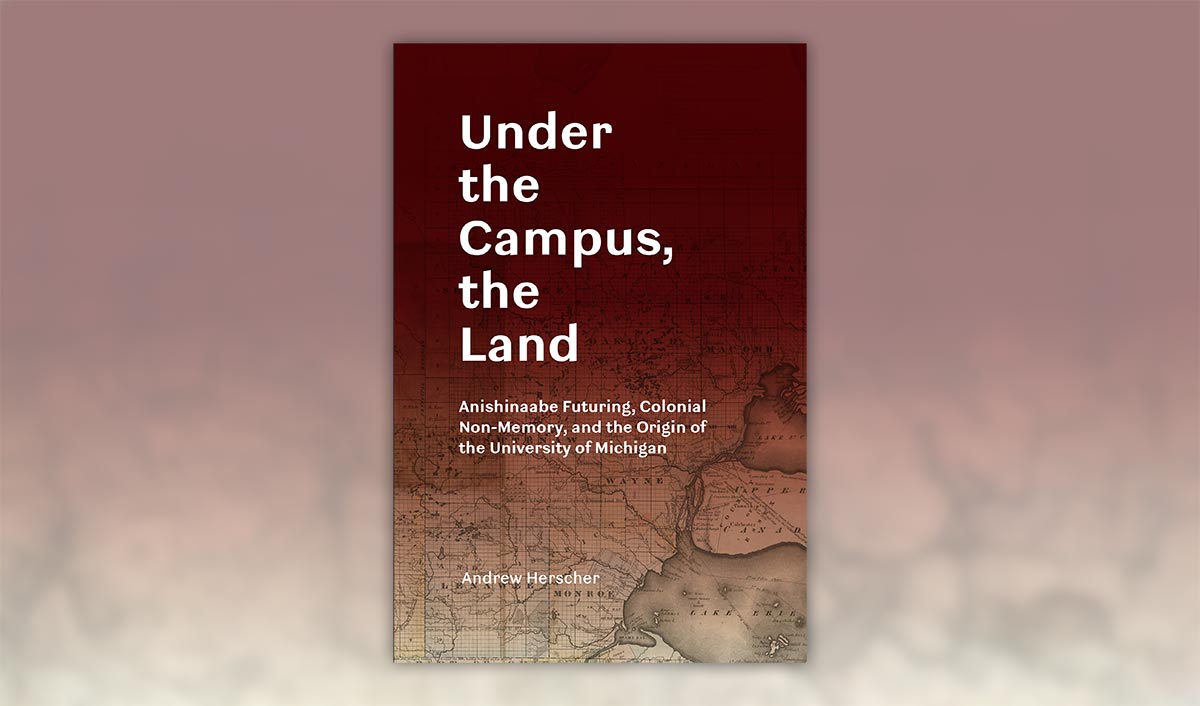
Taubman College welcomes new faculty and fellows for 2025-2026
Taubman College welcomes eight faculty members and two fellows for the 2025-2026 academic year. The new hires expand the college’s urban technology program, real estate offerings, and urban and regional planning program.
New Faculty
Wonyoung So, Ph.D., is an assistant professor of urban technology. He works at the intersection of urban planning, critical data studies, and data visualization to study how access to resources and opportunities — over space and place — is mediated by data and technology, with a focus on housing and translating scholarly research into public impact that promotes democratic participation by marginalized residents. He has been published in leading journals and proceedings across urban planning and computer science fields: Housing Policy Debate; Journal of Urban Affairs; Housing Studies; Geoforum: Big Data & Society; and the ACM Conference on Fairness, Accountability, and Transparency. His creative work has been recognized by the Information is Beautiful Awards, MIT Museum, IEEE, Fast Co. Design, The Atlantic, CNN, The Guardian, Seoul Museum of Art, Wired, and more. So holds a Ph.D. in urban and regional planning and a master’s in city planning from the Massachusetts Institute of Technology, and a B.F.A. in visual communication design from Kookmin University in South Korea. At MIT, he was a research fellow at the Senseable City Lab and a Presidential Fellow, and worked as a research assistant and technical lead at the Data + Feminism Lab. In South Korea, he co-curated the Seoul Libré Maps public mapping program created for the inaugural Seoul Biennale of Architecture and Urbanism in 2017 and co-founded Tumblbug, the nation’s largest crowdfunding platform for creative projects.
Sheng-Hung Lee, Ph.D., is an assistant professor of urban technology. He integrates design, technology, and systems thinking to tackle complex societal challenges, such as how individuals and systems co-navigate life transitions, like aging, across services. At Taubman College, he will focus on urban systems, service innovation, and design for longevity. Lee is a leader in the global design community, who has served as a board director for the Industrial Designers Society of America (IDSA) since 2020 and joined the World Design Organization (WDO) Education Committee in 2023. His work has been recognized with many international honors — IDEA Gold, iF Gold, Braun Prize, Red Dot Best of the Best, and more — and exhibited globally at Dubai Design Week, Venice Design Week, and the Cooper Hewitt Museum. Lee has also held visiting and adjunct teaching positions in Hungary, Germany, China, and Taiwan, advancing service and system design education. Lee holds a Ph.D. in human behavior and service design, M.S. degrees in mechanical engineering and engineering management from the Massachusetts Institute of Technology, and B.S. degrees in industrial design and electrical engineering from National Cheng Kung University in Taiwan. At MIT, he worked with the AgeLab and Ideation Lab; co-taught courses including Global Aging & the Built Environment; and contributed to MIT xPRO, the MIT Office of Sustainability, and the MIT Governance Lab as a strategist and curriculum designer. (Lee will start at Taubman College in Winter 2026).
Ron Bronson is an assistant professor of practice in urban technology. His work aligns service design with organizational complexity, focusing on making complex things work better and ensuring technology serves people, especially in high-stakes environments. His work spans product management, agile delivery, and digital transformation. For two decades, he has led user experience (UX) strategy, service design, content strategy, and AI-driven experiences across government, enterprise, and civic tech sectors. Bronson has spoken at design and tech events around the world, including DrupalCon, An Event Apart, UX Research Toronto, Confab, and Rosenfeld Media events about UX and service design, interaction architecture, and the real-world challenges of building systems that impact people. In winter 2024, Bronson developed and taught a service design course as an intermittent lecturer of urban technology at Taubman College. Over the semester, students conducted research, analyzed service contexts, and developed design and technology concepts to address urban needs. Partnering with Michigan’s chief growth officer and the Michigan Economic Development Corporation, students worked on a real-world consulting project aimed at welcoming new residents to Michigan communities.
Violet Whitney is an adjunct assistant professor of practice in urban technology. Her work explores and advances human-computer interaction beyond computer monitors and mobile devices, leveraging bodily, social, and physical realities. She co-leads Spatial Pixel, a research and design studio with a mission “to empower people with digital and spatial agency” by giving everyone more control over our relationships with technology, turning our attentions away from screens, and enhancing our real-world, tangible experiences. Previously, she has been a director of product and an associate director of design at Sidewalk Labs, the Google initiative focused on building future cities, where she applied her background in building technologies on Delve, an AI product she created for neighborhood development — now part of Google Maps — developed computer vision applications for pedestrian tracking, and worked with teams on leveraging large language models for urban-scale problems. Whitney has taught tangible and spatial computing courses at Columbia University, University of Pennsylvania, and U-M, where she served as an intermittent lecturer of urban technology at Taubman College in 2023-2024. At Columbia, she helped launch the master’s program in computational design practices. Outside of academia, she co-leads the Architechie meetup network for urban tech.
Andy Farbman is an adjunct practice instructor in urban and regional planning at Taubman College and the chief executive officer of Farbman Group. Farbman is recognized as an industry leader in capital markets activity in Detroit, Chicago, Milwaukee, and Columbus, leveraging deep local knowledge and proven expertise in commercial real estate. He specializes in underwriting all property types and classes, conducting property-level due diligence for prospective acquisitions and developments, negotiating partnerships, and arranging both equity and debt financing. Since joining Farbman Group, he has been responsible for purchasing, repositioning, and developing over $1 billion in real estate. Andrew is the past chairman of NAI Global Leadership Board and a founding board member and shareholder of Carbon TV and HealthRise, LLC. He is also an active member of the YPO Chicago Chapter. Before joining Farbman Group, he worked in Blackstone’s private equity real estate group in New York. His experience also includes Lazard Frères & Co., LLC, in its New York Real Estate Investment Banking Division. Farbman graduated from U-M with a Bachelor of Arts in Economics and a Bachelor of Science in Social Science.
Jill Ferrari is an adjunct practice instructor of urban and regional planning with 30 years of experience in private real estate development, legal practice, and consulting. The commercial real estate development company she co-founded, Renovare Development, was named the 2025 “Developer of the Year” by Michigan RE Journals. Renovare is a for-profit developer focused on attainable housing and mixed-use projects that serve a deep community need with more than $100 million in projects currently in development. Ferrari is also a partner at Schenk & Bruetsch, PLC, where she leads the Real Estate & Economic Development practice group. She also co-launched the Elevate practice group within the firm, focused on legal and advisory services for female executives and founders. Ferrari is the 2025 Phoenix Award winner from the U.S. Environmental Protection Agency for her lifetime of work in brownfield redevelopment.
Other awards and recognitions include being named “Woman of the Year” by the Detroit Women’s Leadership Network in 2023, and a Crain’s Detroit “Notable Executive in Real Estate” in 2021. Ferrari is a member of the National Advisory Board for the Urban Land Institute Terwilliger Center for Housing and a founding board member of the Women’s Sustainable Development Initiative. She holds a Bachelor of Science degree from Oakland University and a juris doctor degree from Wayne State University. She is a licensed member of the State Bar of Michigan.
Odessa Gonzalez Benson, Ph.D., is an associate professor at the U-M School of Social Work, and of urban and regional planning at Taubman College. Her areas of research include refugee resettlement, state-civil society relations, labor migration, critical policy studies, and epistemic justice and the production of knowledge in social welfare studies and forced migration studies. As part of her Just Futures Action Research Lab, she leads her research team in capacity building and technical assistance for refugee-run community organizations in Grand Rapids, Michigan. Her research has been published in Social Services Review, Journal of Urban Affairs, British Journal of Social Work, Environment and Planning C: Politics and Space, Journal of Ethnic and Migration Studies, Voluntas, and Cities. She draws upon years of engagement with refugee communities, diverse education and work experiences, and her personal path as a 1.5-generation immigrant to inform and motivate her research. Gonzalez Benson earned a Ph.D. in social welfare from the University of Washington, an M.S.W. from Arizona State University, and a B.A. in communications from the University of the Philippines-Diliman.
Roshanak Mehdipanah, Ph.D., is an associate professor of health behavior & health education in the School of Public Health, and of urban and regional planning at Taubman College, where she teaches classes related to its Healthy Cities certificate program. Her research focuses on urban health, including urban renewal and gentrification and their impacts on health inequities. She is particularly interested in examining the health impacts of housing policies. She specializes in innovative research methods, including realist evaluations and concept mapping to develop conceptual frameworks linking complex interventions to health. Mehdipanah is the co-lead for the Public Health IDEAS for Creating Healthy and Equitable Cities and the director of the Housing Solutions For Health Equity initiative.
New Fellows
Nitzan Farfel is a designer, researcher, and educator whose work interrogates adaptive infrastructure, spatial politics, and the representational tools architecture uses to render systems visible. Selected as an architecture design fellow, her projects operate across deployable design, critical documentation, and visual media — mobilizing architecture to expose the material, ecological, and narrative structures that organize contested territories. Her current project, “Amber Wars,” examines illegal amber mining in Ukraine’s Polesia region as both a territorial operation and a representational void. Farfel has practiced in Paris, Athens, Toronto, and New York, contributing to projects with Atelier Tsuyoshi Tane, Workshop-S, and ACDO. At OMA, she co-produced and co-edited Shohei Shigematsu’s monograph for a+u and contributed to partner lectures, exhibitions, and publications. Her design work spans installations and buildings at multiple scales, including the Citizen Watch installation for Baselworld 2018. As visiting assistant professor at Kansas State University, she taught studios and seminars on speculative ecologies, planetary systems, and spatial storytelling. She is currently leading the development of Kansas’ Riley County Fairgrounds and continuing to document fairgrounds across the United States for her project “Supersites.” Farfel holds a Master of Architecture from Princeton University and a Bachelor of Architectural Studies from the University of Waterloo.
Gus Wendel, Ph.D.,’s research explores urban planning’s role in the formation of sexual space, the intersectional use and design of public space, and alternative spatial research methods grounded in the urban humanities. He joins Taubman College as a Fishman fellow. His peer-reviewed work has been published in The Journal of Urban Affairs, The Journal of Public Space, and Technology | Architecture + Design. His dissertation investigates how municipal incorporation and redevelopment helped establish West Hollywood as the “first gay city,” and its broader implications for diverse gender and sexual minorities. He previously served as associate director of the UCLA Urban Humanities Initiative, an interdisciplinary teaching and research program within cityLAB-UCLA that brings together the interpretive, historical approaches of the humanities with the material, projective practices of design to address pressing urban and environmental issues. He is also a founding member of the Urban Humanities Network, the Digital Salon, and the (Un)Common Public Space Group. Wendel earned a doctorate and master’s in urban and regional planning from the UCLA Luskin School of Public Affairs and a bachelor’s in international relations and Italian studies from Brown University.









